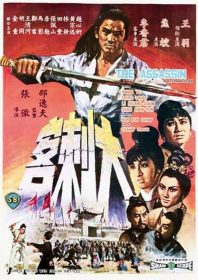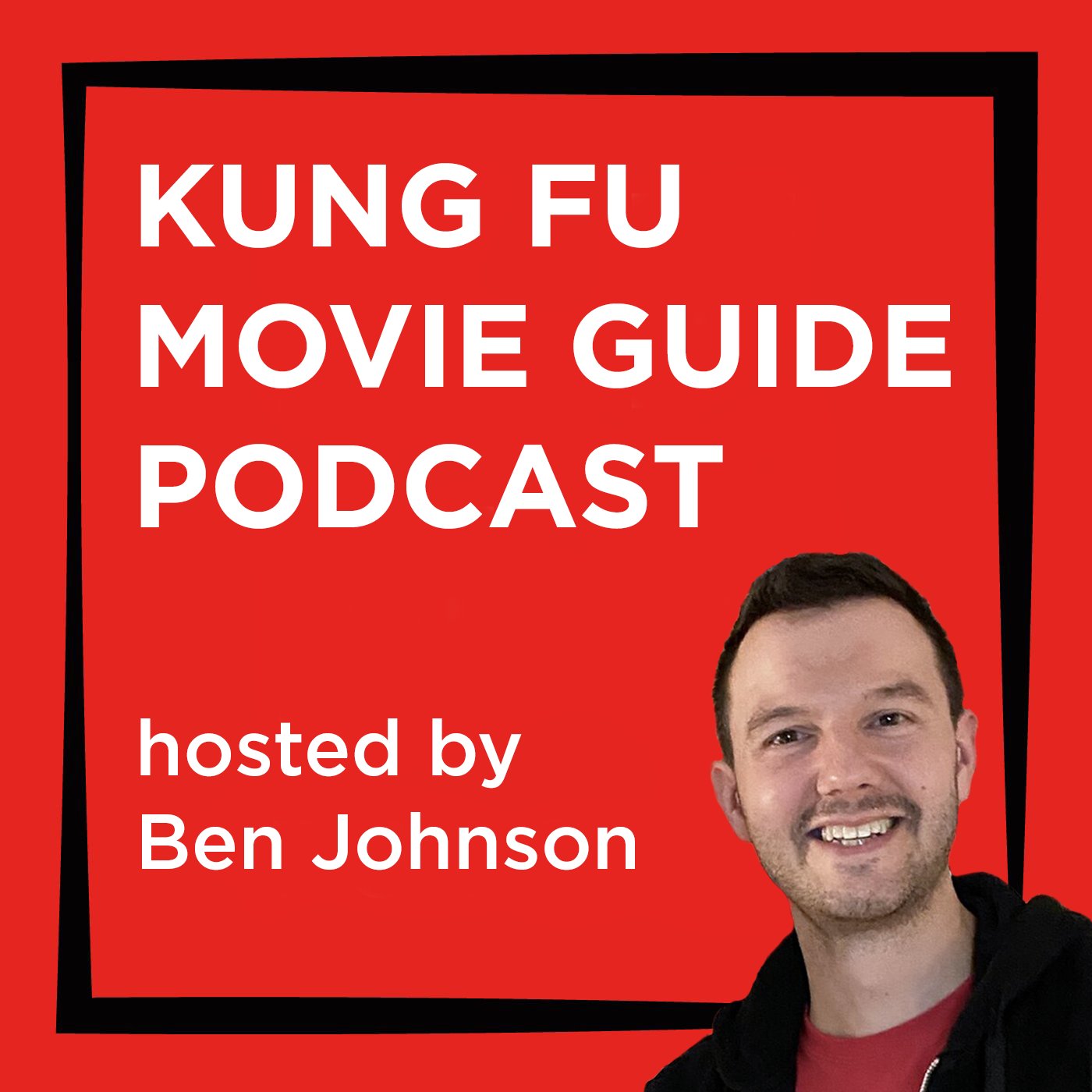
The Shaw Brothers’ dream-team of director Chang Cheh, leading actor Jimmy Wang Yu and fight coordinators Lau Kar-leung and Tong Gaai follow their huge hit, One-Armed Swordsman, with this sumptuous, romantic, and often overlooked wuxia epic which might be one of Cheh’s best films. Released at a politically charged time not just in Hong Kong but globally, Cheh’s story is set during the tumultuous period of China’s Warring States and focuses on the tragic, anti-establishment heroics of a young swordsman, Nie Zhang (Wang Yu). Nie identifies as a lowly commoner, but is nonetheless burdened by an overwhelming existential fear. He is torn between his loyalty to his familial duties – concerning a sister, aging mother, and devoted childhood sweetheart – and an urge to confront the injustices in society. “Is it better to die a glorious death,” he asks, or does settling for a simpler life mean that “life and death are the same”? And just when you start to think, ‘this is a bit heavy and contemplative for a Chang Cheh fight movie’, Nie finds his opportunity for martyrdom when a Han official – the benevolent Yen Shui (Tien Feng) – survives an assassination attempt at the hands of a corrupt premier, Han Kui (Huang Tsung-hsing), and asks Nie to help him take revenge. Han Kui has buddied up with the contemptible state of Qin in exchange for greater power, and Nie accepts the challenge single-handedly, knowing it’s a suicide mission. Cheh then spends a vast amount of time during the second act to chart Nie’s final days in what is essentially an extended suicide note, saying goodbye to all his loved ones before storming the premier’s palace. The time spent in the build-up means the final, rip-roaring, blood-soaked, intestine-spilling pay-off is all the more satisfying – and powerful – and shows a director firing on all cylinders. In contrast to Cheh’s more masochistic yanggang movies, he seems more concerned about the consequences of Nie’s actions, particularly on the lives of those he cares most about. The resulting concoction is a delightfully balanced work of great drama and action. A note, too, on Wang Chi-ren’s sublime score, which mixes traditional instrumentation with more than a hint of James Bond. And Wang Yu, too, does exceedingly well in balancing the yin and yang in Nie Zhang’s personality; with his top-knot hairstyle and trusty sword, he redefines the Mandarin action hero as a cipher for the oppressed working classes, willing to sacrifice himself for the greater good. It’s a trait he would continue to hone throughout his career.
- Country: Hong Kong
- Action Director: Lau Kar-leung, Tong Gaai
- Directed by: Chang Cheh
- Starring: Cliff Lok, Huang Tsung-hsing, Jimmy Wang Yu, Li Hsiang-chun, Lisa Chiao Chiao, Tien Feng
- Produced by: Run Run Shaw
- Written by: Chang Cheh
- Studio: Shaw Brothers












